Navigating labor and employment law can be challenging. At Beckemeier LeMoine Law, we provide practical counsel to help businesses create clear policies, handle workplace disputes, and comply with state and federal laws. From managing hiring and termination processes to defending against claims of discrimination, retaliation, or harassment, our goal is simple: provide proactive solutions that minimize risk and safeguard your company.
Labor and Employment Law, Defined
Labor and employment law governs the relationship between employers and employees, covering various workplace issues. It includes compliance with federal and state regulations like wage laws, anti-discrimination statutes, and family or medical leave requirements. This area of law also addresses workplace disputes like harassment, retaliation, and wrongful termination claims. For employers, labor and employment law provides a framework for creating compliant policies, managing employee relations, and handling conflicts.
Our Labor and Employment Law Services:
- Developing compliant workplace policies and employee handbooks
- Advising on hiring, discipline, and termination procedures
- Defending against discrimination, harassment, and retaliation claims
- Handling EEOC, state agency, and NLRB charges
- Addressing ADA, FMLA, and other leave-related issues
- Providing counsel during strikes, arbitration, and collective bargaining
- Creating tailored compensation and bonus plans
- Offering guidance on workers’ compensation and retaliation claims
- Assisting with ERISA plans and litigation
- Handling government audits and compliance reviews
What Does the Eeoc Do, and Why is It Important for Employers?
The Equal Employment Opportunity Commission (EEOC) is a federal agency responsible for enforcing laws prohibiting workplace discrimination based on race, gender, age, or disability. If an employee files a charge with the EEOC, employers must respond appropriately. The EEOC may investigate claims, attempt mediation, or file a lawsuit. Employers should work with legal counsel to address charges and demonstrate compliance with anti-discrimination laws.

What Types of Workplace Disputes Do Labor and Employment Attorneys Handle?
Labor and employment attorneys handle a wide variety of disputes, including:
- Discrimination or harassment claims
- Retaliation allegations
- Wrongful termination cases
- Wage and hour disputes
- Breach of employment contracts
- Workers’ compensation retaliation
- Union-related issues like strikes and collective bargaining
Labor and Employment Law FAQs
How Can Employers Protect Themselves From Discrimination or Retaliation Claims?
Employers can take proactive steps to reduce the risk of discrimination and retaliation claims:
- Develop clear, written policies against discrimination and retaliation.
- Train managers and employees on appropriate workplace behavior and legal compliance.
- Document employment decisions and interactions with employees.
- Address employee complaints promptly and fairly.
- Seek legal counsel to ensure workplace practices comply with federal and state laws.
What Are ADA and FMLA, and How Do They Impact Employers?
The Americans with Disabilities Act (ADA) requires employers to provide reasonable accommodations to qualified employees with disabilities unless it causes undue hardship. The Family and Medical Leave Act (FMLA) allows eligible employees to take unpaid leave for specific medical or family reasons while protecting their jobs. Employers must comply with both laws by understanding their requirements and applying policies consistently.
What is a Hostile Work Environment, and How Can Employers Prevent One?
A hostile work environment occurs when unwelcome conduct, such as harassment or discrimination, interferes with an employee’s ability to perform their job. To prevent this, employers should:
- Establish and enforce anti-harassment policies.
- Train employees and managers to recognize and address inappropriate behavior.
- Provide a clear reporting process for complaints.
- Investigate complaints promptly and take corrective action when necessary.
What is ERISA, and Why is It Relevant?
The Employee Retirement Income Security Act (ERISA) sets standards for retirement, health, and other benefit plans. It requires employers to manage plans responsibly, disclose information to participants, and comply with strict legal guidelines. Employers must also deal with issues like fiduciary duty, plan disputes, and compliance audits. Working with experienced counsel ensures that benefit plans meet ERISA requirements.
How Can Employers Prepare for Government Audits?
Employers can prepare for audits by:
- Maintaining accurate and up-to-date records.
- Ensuring compliance with wage laws, workplace safety standards, and benefit regulations.
- Reviewing and updating policies to meet current legal requirements.
- Conducting internal audits with legal counsel to identify and address potential issues.
What Should Employers Do if an Employee Files a Claim?
If an employee files a claim, employers should:
- Take the claim seriously and document all relevant information.
- Consult with an employment attorney to determine the best course of action.
- Respond to agency inquiries, such as from the EEOC or state agencies, promptly.
- Refrain from retaliatory actions against the employee.
- Cooperate fully during investigations and follow legal advice throughout the process.
Why Should Employers Consult With Labor and Employment Attorneys?
Labor and employment attorneys provide valuable guidance to ensure compliance with complex laws, minimize risks, and address disputes. They help create clear policies, handle legal requirements, and defend employers in litigation or agency investigations. Having experienced legal support allows employers to focus on their business while protecting their interests.

Why Choose Us?
Beckemeier LeMoine Law is the firm employers trust to handle their labor and employment law needs with the strength of a large firm and the personalized care of a dedicated advisor. Our team helps businesses of all sizes handle complex workplace laws, resolve disputes, and create proactive policies to protect their interests. Whether managing compliance or defending against claims, we focus on achieving results that matter to you. Let us provide the support your business deserves—contact us today to discuss your needs.


